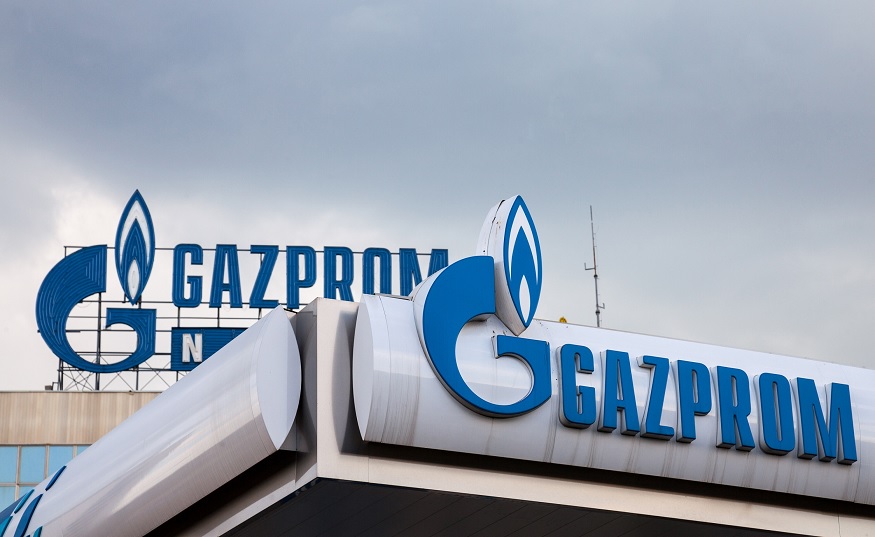الأسواق
جازبروم ترسل 41.4 مليون متر مكعب من الغاز إلى أوروبا عبر أوكرانيا

قالت شركة جازبروم الروسية إنها سترسل 41.4 مليون متر مكعب من الغاز إلى أوروبا عبر أوكرانيا يوم السبت.
ويمثل ذلك انخفاضا طفيفا من 42.4 مليون متر مكعب أرسلتها قبل يوم.

قالت شركة جازبروم الروسية إنها سترسل 41.4 مليون متر مكعب من الغاز إلى أوروبا عبر أوكرانيا يوم السبت.
ويمثل ذلك انخفاضا طفيفا من 42.4 مليون متر مكعب أرسلتها قبل يوم.